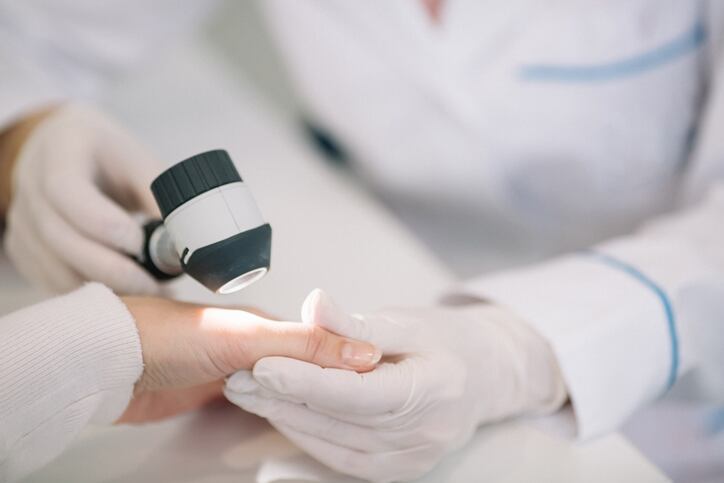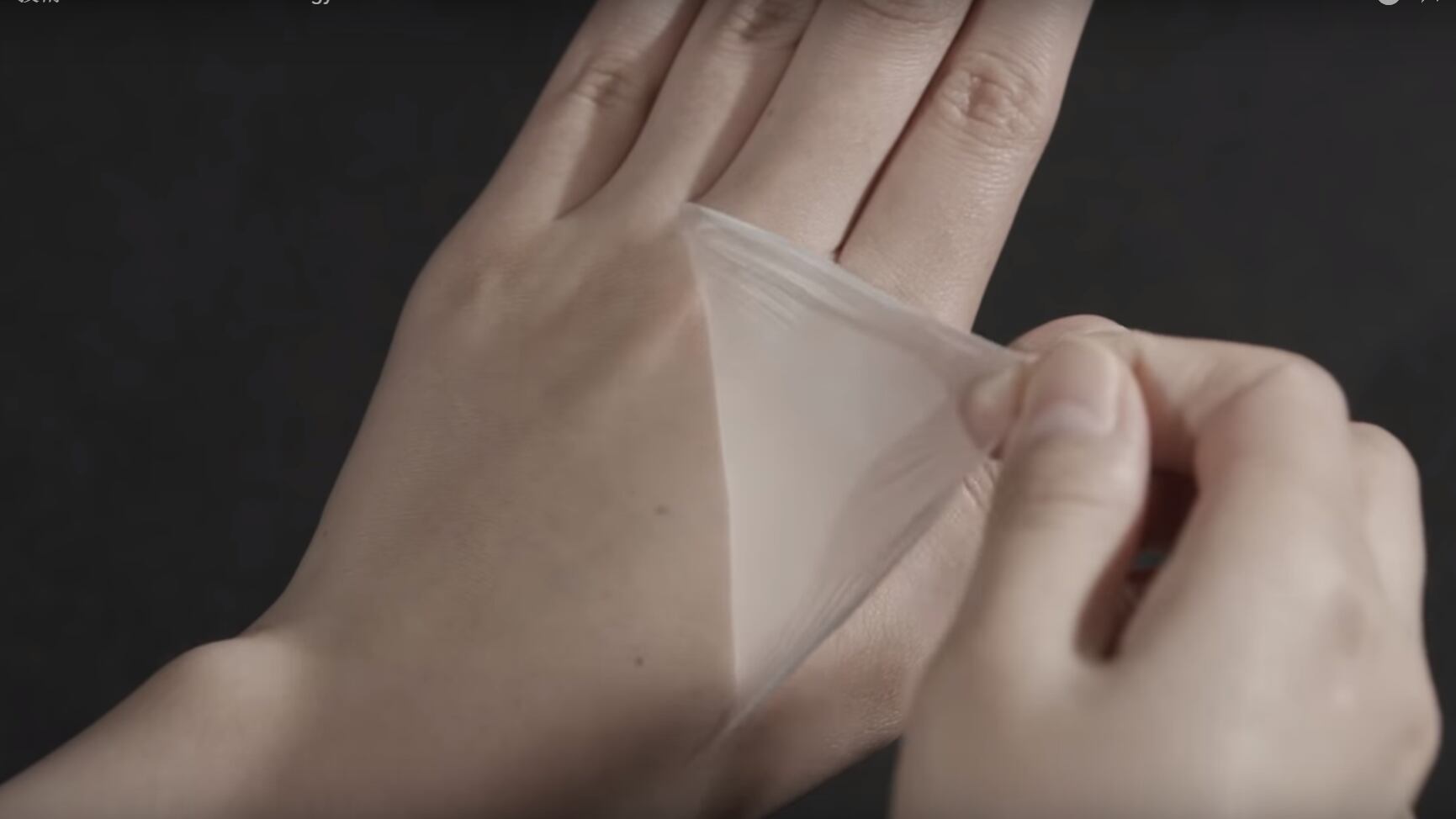The trial was launched on November 21 at the BEAUTY BASE by Kao, the company’s flagship store located in Ginza, Tokyo.
The pilot programme will be offer to consumers who attend personal beauty lessons offered at the store.
Those who agree will be asked to provide sebum samples, which will undergo sebum RNA monitoring and the results will be sent as a Personal Data Sheet report to their homes.
The RNA samples are extracted with an oil blotting film and analysed with the help of Artificial Intelligence- (AI) powered technology developed by Preferred Networks Inc. (PFN).
Previously, analysing RNA expression in the skin would require a highly invasive biopsy of the skin.
However, through a study, Kao discovered that sebum cells contained not just lipids, but RNA as well
This led the Bioscience Laboratory of Kao Corporation to develop a non-invasive method of measuring human RNA.
Highly precise predictions
According to the researchers, this method is capable of analysing up to 10,000 molecules of human RNA.
“The profiles and quantities of RNA… differ in response to changes determined by a person's physical condition and the external environment from moment to moment,” said Kao.
Dr Yoshito Takahashi, director of biological science research elaborated: “We are able to predict the inner condition of skin more accurately than the other non-invasive methods because of overwhelming amount of information from RNA.”
Unlike DNA, which can determine the unique characteristics of the skin, RNA can be used to reveal day-to-day changes in skin conditions.
The RNA expression results will be able to determine four important factors known to be affected by ageing and lifestyle habits: protein glycation level in skin, UV-damage susceptibility, systemic oxidation level, and systemic stress level.
These factors will be estimated with a prediction algorithm developed by PFN using machine learning and deep learning technologies.
“Previously, procedures such as blood sampling or UV irradiation were necessary for determination of these four factors. However, the RNA monitoring technology developed by Kao enables estimation in a non-invasive manner using only sebum sampling with oil blotting film,” said Takahashi.
He added that the company intends to use this pilot program to obtain a larger number of samples in order to improve the accuracy of the prediction algorithm.
In addition, Kao plans to upgrade the service based on user feedback which will eventually help the firm to further develop this service.
“Although our current system consists of only feedback about predicted skin conditions, we aim to develop individualised beauty counselling service and skin care products in the future,” said Takahashi.
This is important as the firm intends to explore the growing consumer interest in skin care personalisation, he added.
“It is getting more difficult for consumers with diverse skin concerns to choose suitable cosmetics, based on their own understanding of their skin, from the huge amount of information and products available.”
Further RNA studies expected
In the meantime, the company is continuing to study the presence of human RNA in sebum (SSL-RNA).
The most recent study revealed that SSL-RNA varies during the menstrual cycle and age. Such changes, including 86 attributes of skin and body conditions, can be predicted by AI.
Among the 86 attributes include skin moisture level, skin transparency scores through visual evaluation by a specialist, and glycosylation of stratum corneum proteins
These findings were reported at the 72nd Annual Congress of the Japan Society of Obstetrics and Gynecology in April.
Additionally, it was also presented at the 31st International Federation of Societies of Cosmetic Chemists (IFSCC) Congress in Yokohama held in October.
According to the firm, it will continue to collaborate with PFN to develop a ‘highly sophisticated predictive algorithm’ to analyse skin conditions.





